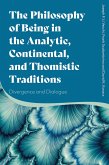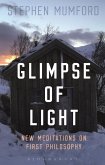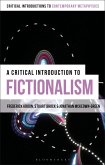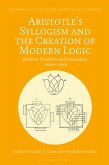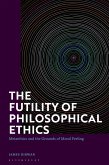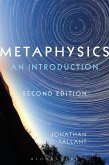This book provides a discussion of the philosophy of being according to three major traditions in Western philosophy, the Analytic, the Continental, and the Thomistic. The origin of the point of view of each of these traditions is associated with a seminal figure, Gottlob Frege, Immanuel Kant, and Thomas Aquinas, respectively. The questions addressed in this book are constitutional for the philosophy of being, considering the meaning of being, the relationship between thinking and being, and the methods for using thought to access being.
On the one hand, the book honors diversity and pluralism, as it highlights how the three traditions may be clearly and distinctly differentiated regarding the philosophy of being. On the other hand, it honors a sense of solidarity and ecumenism, as it demonstrates how the methods and focal points of these traditions constitute, and continue to shape, the development of Western philosophy. This book contributes toward an essential overview of Western metaphysics and will be of particular interest to those working in the history of philosophy and in the philosophy of being.
On the one hand, the book honors diversity and pluralism, as it highlights how the three traditions may be clearly and distinctly differentiated regarding the philosophy of being. On the other hand, it honors a sense of solidarity and ecumenism, as it demonstrates how the methods and focal points of these traditions constitute, and continue to shape, the development of Western philosophy. This book contributes toward an essential overview of Western metaphysics and will be of particular interest to those working in the history of philosophy and in the philosophy of being.



